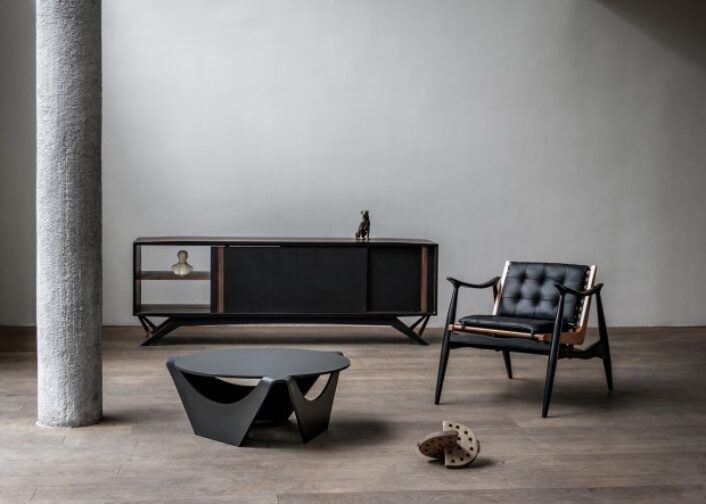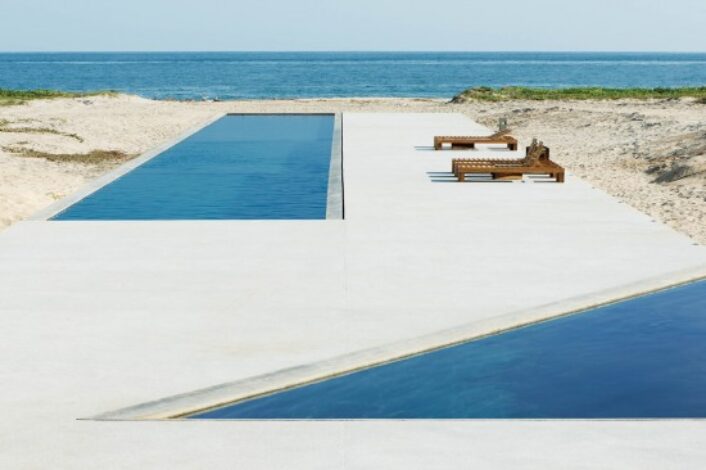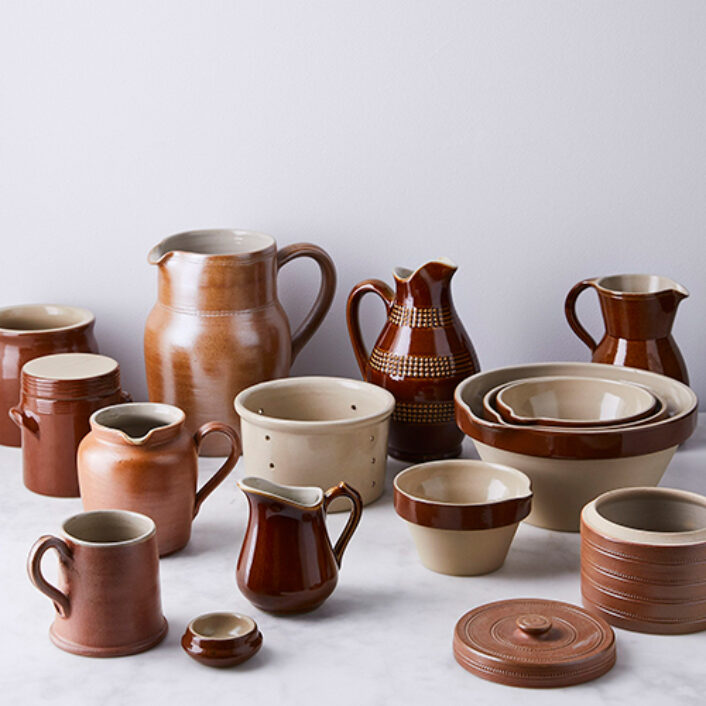Culture
Colectivo 1050
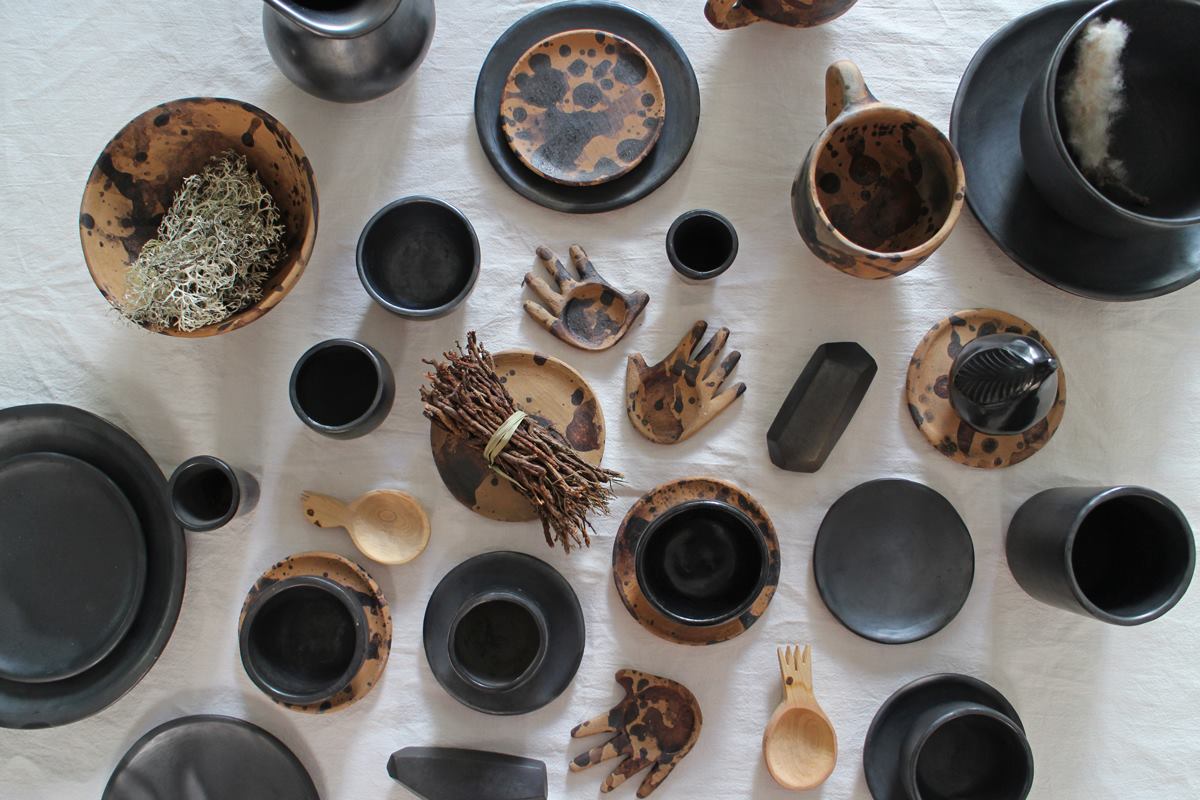
True pieces of art. The “1050” in the company’s name refers to the temperature the pieces are fired.
Image courtesy of: Rank & File
Colectivo 1050 was built from thousands of years of tradition and countless generations of artistry. Luckily, Kytzian Barrera realized that today’s industrialized age helped bring about the rapid disappearance of Oaxacan pottery and decided to do something about it. Sadly, the traditions of clay-making processes that are said to stem back 3,000 years were also being forgotten about.
For over a decade, Barrera has been working to create an essential place for artisans familiar with this age-old knowledge to work. She quickly realized that unless this art is preserved, it will soon disappear like many similar traditional crafts before it.
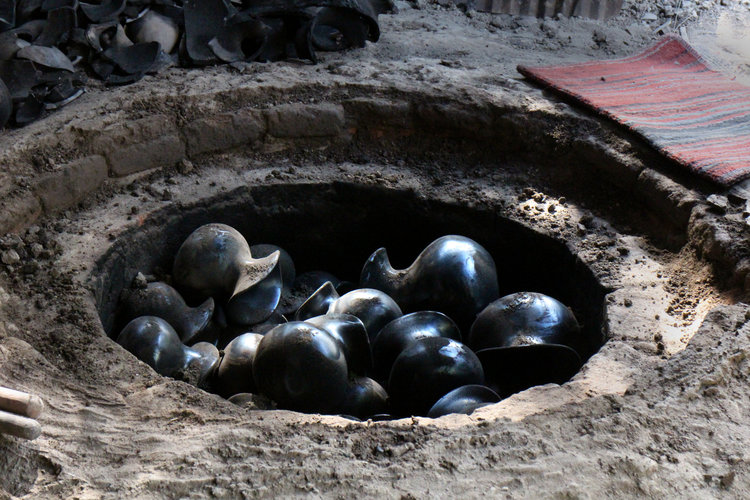
It is estimated that 90% of the potters are women.
Image courtesy of: The AOW Handmade Journal
Barrera founded Colectivo 1050 as as artisan-owned cooperative that was born in Oaxaca, where the pottery is a result of collaborative design methods that support the indigenous potters. Special to the company is that even though everyone involved is rooted in traditional cultures, they have adapted to modern life.
Barrera and her co-founder, Diego Mier y Terán, pinpointed 70 villages in Oaxaca that make this style of pottery. For the majority, this activity is a combination of cultural and economical necessity. Each village has its own distinct style and wealth of knowledge; thus, 70 different ways of making pottery were essentially unearthed.
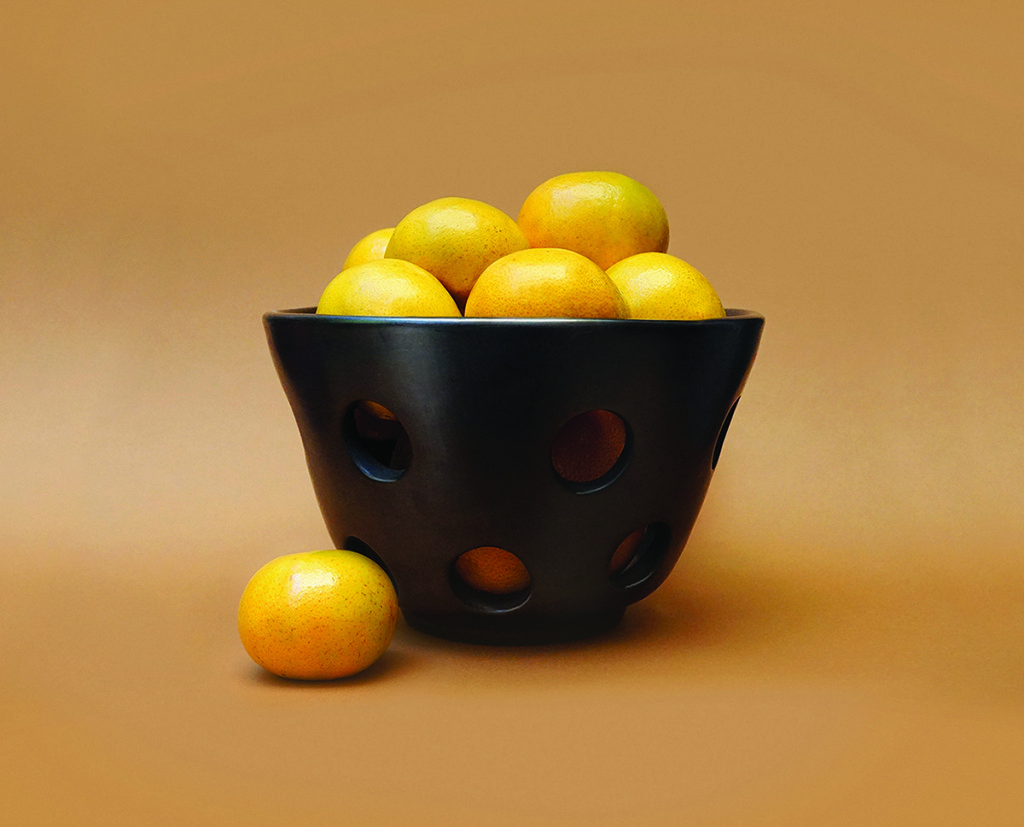
Frutero Ramona fruitbowl.
Made by Macrina Matro, this is one of the cooperative’s classic designs. It is ideal for holding fruit or vegetables because the holes allow for air-circulation.
Coyotepec is a well known Mexican pottery because of its black color. When the color changes to matte gray or metallic, that is the indication that the piece was fired at a temperature higher than 1050 degree Celsius.
Image courtesy of: InStyle Mexico
Even though 70 villages seems plentiful… modern estimates have concluded that 40% of the villages will stop producing ceramics within our lifetimes. This is due to the invasion of manufactured products made from plastic and aluminum which are much cheaper to produce, the migration of locals to more industrialized and profitable areas both domestically and internationally, and an unequal and unattainable access to opportunities.
Sadly, Barerra has witnessed villages with a 4,000-year-old tradition of pottery making stopping to make their craft from one year to the next. One thing she is convinced that helps is putting forth a methodology for product development which helps a variety of facets. Once you upgrade the skills of the artisans, you subconsciously challenge their wisdom.
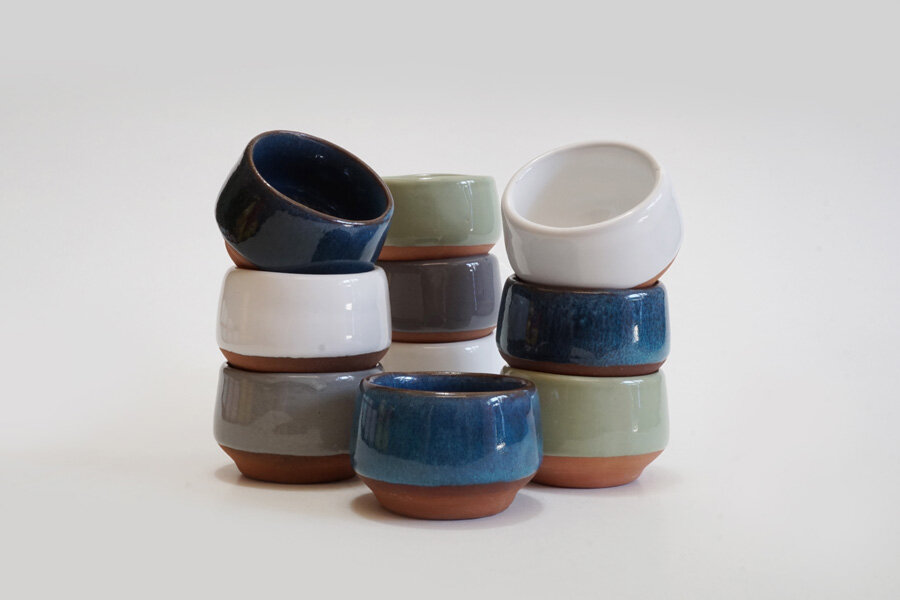
Mezcalerito Zangunga (Mezcal cup), set of 2.
A traditional form used for mezcal drinking; the design helps to appreciate the liquor’s smells and flavors. These sets come in 11 different colors: white, hard blue, soft blue, hard green, soft green, gray, black, baby pink, hard pink, yellow, and red.
Image courtesy of: Colectivo 1050
The years and years of traditions are essential to the products produced at Colectivo 1050. To begin with, you have to understand that the traditional clay pieces are not objects; rather, they tell the story of the person who made the product. For example, a traditional cooking pot is a container of meaning… in both the literal and figurative form.
The second piece to understand is that beyond the high-quality clay objects, intangible results are also achieved. This means that connecting the artisans with the customers and the customers with the traditions brings about a full circle of vital connections.
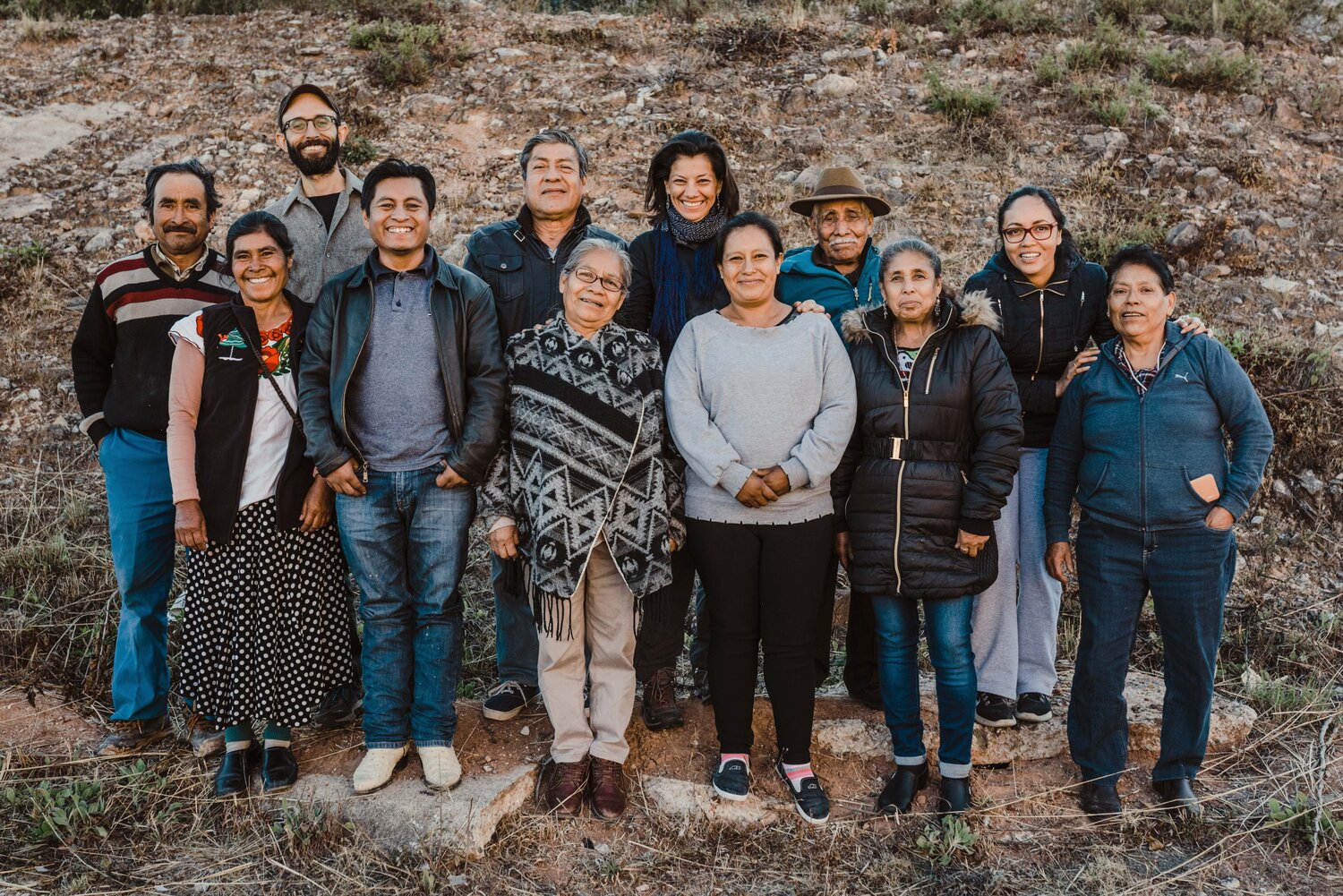
The team!
Colectivo 1050’s first export was to MoMA NY and MoMA Tokyo.
Image courtesy of: Colectivo 1050
Barrera has learned a lot since starting the cooperative; yet her biggest challenge remains balance. Being a designer by trade, she was forced to develop into a businesswoman, a community organizer, a fundraiser, and an effective communicator. Barrera remains committed to working with integrity and to maintaining the commitments that guide her organization. It simply is not an option to compromise quality and ethics. She is convinced that if she stays true to her core values, desirable and one-of-a-kind pieces that stand the true test of time are what become the end result.
We love this quote by Barrera (as told to Rough & File), “I feel fortunate and grateful for the last 15 years of transformation. As an entrepreneur, I have learned from the artisans that commerce is more than a money transaction, it is a space for a shared human experience and not the thing that structures our whole existence. I’ve learned that objects are an excuse for human reconciliation and that success tastes different when following centuries-old wisdom. Personal interests should not be at the center, but those of the people whom I have the privilege to serve.”
